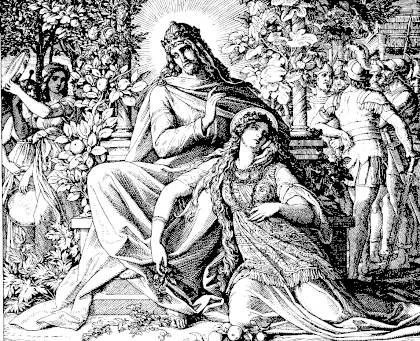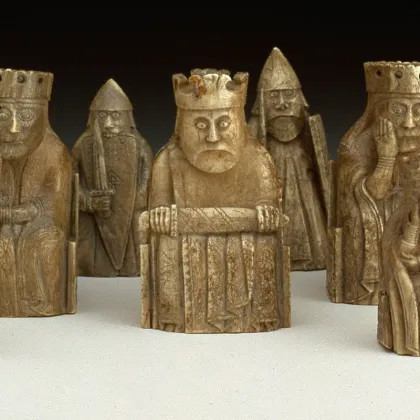On the Wisdom of Solomon, Part 13: The Beauty of Wisdom

On the Wisdom of Solomon, Part 13: The Beauty of Wisdom
Making these presentations on the Wisdom of Solomon, we have already presented more than a few arguments in support of our profession that Solomon was indeed the author of this work. However in some of those arguments, it might appear as if we may claim that Wisdom was originally written in Greek, and that is not necessarily true. In earlier portions of this commentary, and namely in Part 2 where we had addressed many criticisms of the work, several times we made references to “the author or translator” of the work. We will not lay claim to know with certainty what was the original language of Wisdom, as there is no definite evidence. But if the original language was indeed Hebrew, it cannot be proven conclusively that the work was not translated by a learned scribe at a time much later than Solomon’s own.
At the end of Wisdom chapter 6, Solomon had promised to disclose the Origin of Wisdom, which he then did here in chapter 7. However first he exhorted his intended readers, who were primarily the future kings of the children of Israel, as to why they should listen to his instruction. Doing that, he then described Wisdom as emanating from God, and began to describe her virtues, depicting Wisdom as a woman to be adored for her beauty. Now here at the end of Wisdom chapter 7, Solomon will continue to profess that the wisdom of which he speaks is indeed the wisdom of God, and continues with an anthropomorphism describing the beauty of Wisdom.








 This evening we had an open forum discussion with some of our Forum Members and friends. This may give our listeners and other visitors to Christogenea some further insight into the attitudes and opinions of the members of our wider Christogenea community.
This evening we had an open forum discussion with some of our Forum Members and friends. This may give our listeners and other visitors to Christogenea some further insight into the attitudes and opinions of the members of our wider Christogenea community.




 Please click here for our mailing list sign-up page.
Please click here for our mailing list sign-up page.








Recent comments